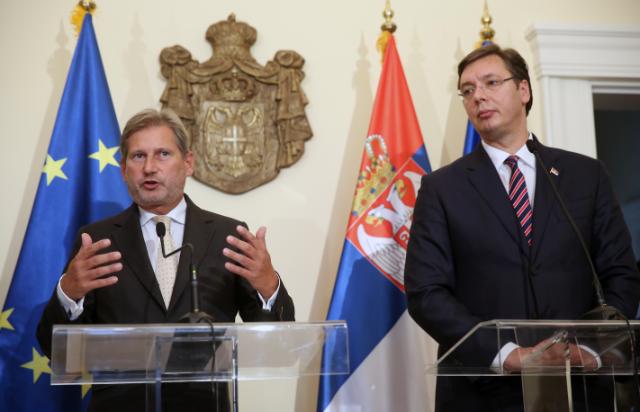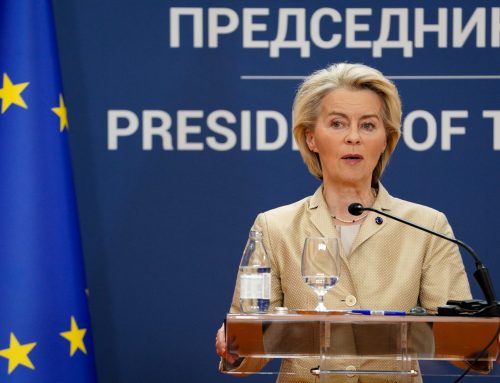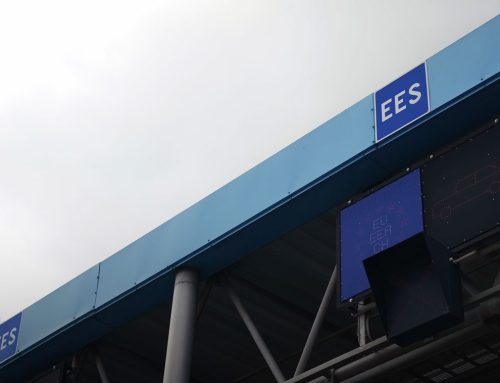European Commissioner for Neighbourhood Policy and Enlargement Negotiations Johannes Hahn commended Serbia today in Belgrade and Principovac for its humanitarian approach in dealing with refugee crisis, noting that the crisis was not caused by Western Balkans countries and stressing its, not only European, but global nature.
Hahn said that European Union along with its partners was capable of dealing with refugee crisis, but he expressed his concern that certain actions in current crisis might have long-term consequences.
“We should all be aware of the consequences and politicians’ job is to take care of citizens’ interest,” Hahn said and stressed that the EU was ready to support Serbia and FYRM financially. For Serbia, the EU is ready to allocate EUR10 million, he said and stressed that it was not about the money but solidarity and friendship.
Asked whether the EU would return refugees from Middle East and Africa to Serbia, on the basis of Readmission Agreement, European Commissioner Hahn said that migrant crisis was a global issue and that its solution should be sought only through joint efforts of all European countries. “This is why we should not be discussing readmission within Europe, but how to deal with crisis in a European way.”
Prime Minister Vucic commented on this by saying that he would like to hear “conspiracy theorists” who had been scaring people with stories about “million and a half refugees returning to Serbia from the EU” and that the story was missing only Freemasons and Vatican.
Hahn called on Croatian Government to review its decision about blocking the border with Serbia and assessed these measures as discriminatory. I believe that it is in best interest of all citizens of the Balkans to enjoy freedom of movement and economic stability because it is what brings social stability as well, Hahn said.
Answering the question about the possibility of Croatia breaching the Stabilisation and Association Agreement with Serbia by blocking the border, he said that European Commission’s services were looking into that case and that Zagreb was requested to explain soundness of measures it had taken. Agreement foresees restrictive measures in some cases; however, those measures have to be limited in time, non-discriminatory, proportionate and must not have negative effect on trade and freedom of movement. Hahn reiterated that the challenge posed by refugee crisis should not have “discriminatory and disproportionate” consequences on flow of traffic or trade.
Following his meeting with Prime Minister Aleksandar Vucic, Hahn told press in Villa Bokeljka he was expecting to see opening of first negotiating chapters by the end of the year.
Hahn also said that Serbia was the EU’s key regional partner and it should be supported in its efforts to become a Member State. “PM Vucic’s reconciliation actions towards neighbours and continuation of high level dialogue with Kosovo make the best examples. Taking all of this into account, I am confident that we are on the right track to open first negotiating chapters by the end of 2015,” Hahn said.
Serbian Prime Minister Aleksandar Vucic said he expected EU support to continue, stressing in particular EU’s immense support for flood relief and continuation of high level cooperation. “We believe that our behaviour was mostly good and serious in the past period and that we deserve opening of negotiating chapters by the end of the year,” Vucic said.
Asked to comment on Croatian PM Zoran Milanovic’s statements, European Commissioner said that he condemned vocabulary in which one could hear words such as “barbarians” and “savagery,” because “no matter who used them, words can be hurtful too.”
“It is necessary to disarm vocabulary,” Hahn said and added that “we are all Europeans” and “there are no barbarians among us.”
Hahn reminded of media responsibility stressing that they were the force with a certain accountability in democratic societies. According to him, it is important how media report on events and inform public, because they have an impact on public opinion. “Be aware of your responsibility. Now that we are in a critical stage, there are plenty of possibilities and we should be able to see a bigger picture,” Hahn said at the press conference held jointly with Serbian PM Aleksandar Vucic in Belgrade.
During the day, he also met with Minister of Interior Nebojsa Stefanovic, Minister of Labour, Employment, Veteran and Social Affairs Aleksandar Vulin, Minister in Charge of European Integration Jadranka Joksimovic and NGO representatives. He started his stay in Serbia by paying a visit to refugee reception centre in Sid.




